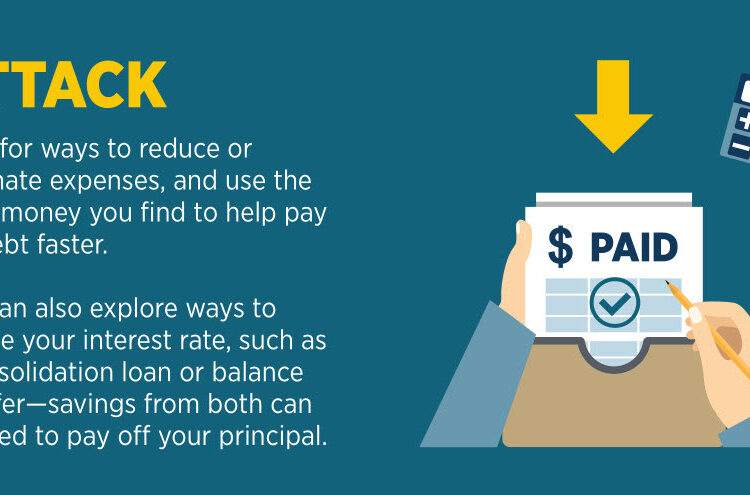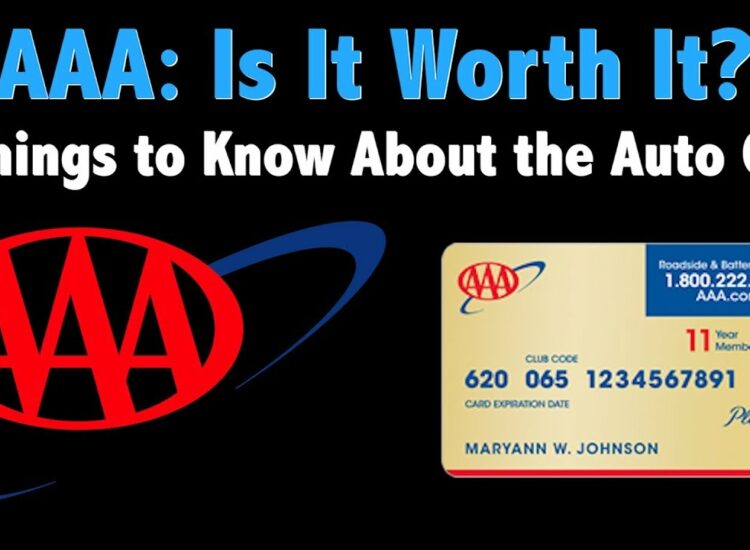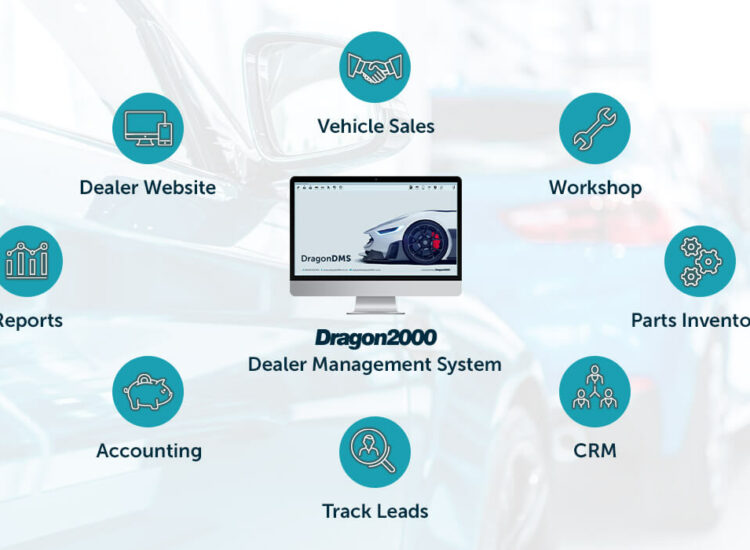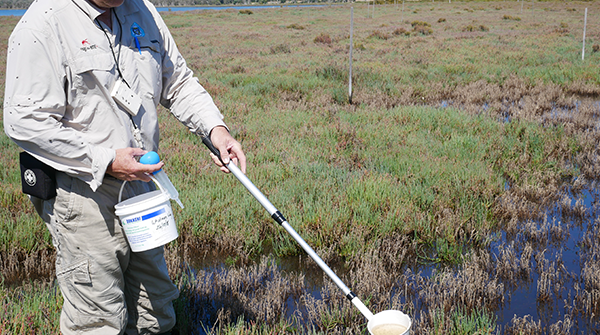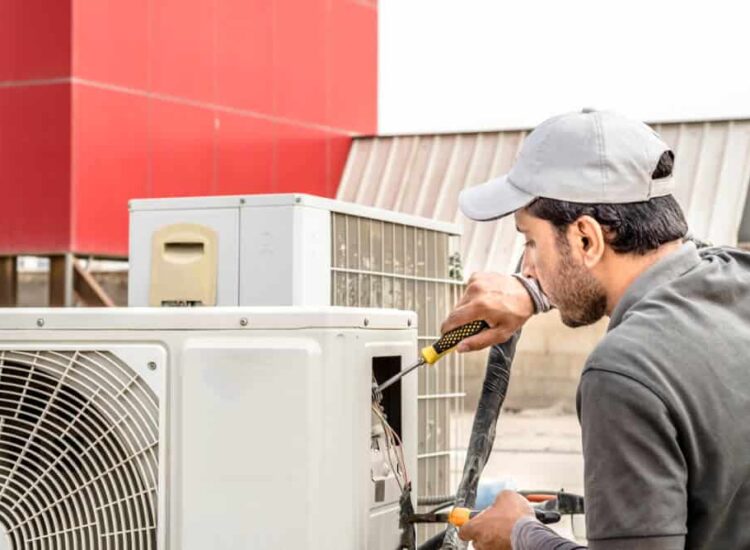Car dealership fraud is a growing concern that affects many unsuspecting car buyers. From high-pressure sales tactics to hidden vehicle histories, the impact can be both financially and emotionally draining. Understanding your rights and knowing how to protect yourself is crucial for anyone looking to buy a car. In this article, we’ll explore the signs of car dealership fraud, your legal rights, and how a car dealership fraud attorney can help you seek justice.
Toc
- 1. Introduction to Car Dealership Fraud
- 2. Steps to Take if Suspecting Fraud
- 3. The Role of a Car Dealership Fraud Attorney
- 4. Common Fraud Tactics and How to Avoid Them
- 5. Bài viết liên quan:
- 6. Importance of Due Diligence and Research
- 7. Tips for Selecting a Reputable Dealership and Attorney
- 8. Real case studies
- 9. Conclusion
Introduction to Car Dealership Fraud

Purchasing a car should be an exciting experience, but unfortunately, it can sometimes turn into a nightmare due to deceptive practices by unscrupulous dealerships. Car dealership fraud encompasses a variety of tactics used to mislead or cheat buyers. In this guide, we’ll provide insights into how to identify, avoid, and address these fraudulent activities with the aid of a car dealership fraud attorney.
Signs of Car Dealership Fraud
Being aware of the warning signs of dealership fraud can save you from a costly mistake. Here are some red flags to watch out for:
- High-Pressure Sales Tactics: If you feel rushed or pressured into making a purchase decision, take a step back. Legitimate dealers will give you the time you need.
- Misleading or Incomplete Information: Be wary if the dealer is vague or avoids answering questions about the vehicle’s history, condition, or pricing.
- Undisclosed Damage or History: Always ask for a full vehicle history report. Undisclosed accidents, repairs, or title issues are common fraud indicators.
Legal Rights of Consumers
Consumers have legal protections to ensure fair treatment when purchasing a vehicle:
- Accurate Vehicle Information: Dealers are required to provide truthful information about the car’s condition and history.
- Warranties and Financing: You have the right to receive clear details about warranties and financing terms.
- Consumer Protection Laws: Various laws at both the federal and state levels protect against deceptive practices and ensure recourse for victims of fraud.
Steps to Take if Suspecting Fraud

If you suspect you are a victim of car dealership fraud, it’s essential to take action as soon as possible. Here are some steps you can follow:
Document Everything
Keep a detailed record of all interactions with the dealership, including names of sales representatives, dates, times, and the content of conversations. Collect all documents related to the purchase, such as contracts, financing agreements, and advertisements. This information will be invaluable when presenting your case to a fraud attorney or, if needed, within a legal setting.
Gather Evidence
In addition to documentation, gather any additional evidence that supports your claim of fraud. This may include photographs of the vehicle, repair documents, and testimonies from other customers who may have had similar experiences with the dealership. A well-documented case will strengthen your position when seeking legal assistance.
Consult a Car Dealership Fraud Attorney
Once you have gathered your documentation and evidence, it’s crucial to consult with a car dealership fraud attorney. These professionals have the expertise necessary to evaluate your case, advise you on your rights, and outline the potential legal steps you can take. They can also assist you in negotiating with the dealership or help you pursue legal action, if appropriate.
Report the Fraud
Don’t hesitate to report the fraudulent practices to your local consumer protection agency or the Better Business Bureau (BBB). This can help warn other consumers and hold the dealership accountable for their actions. Additionally, if the fraud involves violations of federal or state laws, reporting it can enhance the chances of broader investigations into their practices.
The Role of a Car Dealership Fraud Attorney

A car dealership fraud attorney specializes in identifying deceptive practices and protecting consumers’ rights:
Legal Protection
A car dealership fraud attorney serves as a crucial advocate for consumers, ensuring that their legal rights are upheld throughout the often-complex process of addressing fraud. These attorneys are skilled in navigating consumer protection laws and can help clients understand their options for redress. By leveraging their knowledge of state and federal regulations, they can assess the strength of a case and determine the best course of action, whether that involves negotiations, arbitration, or litigation.
Advocating for Justice
The primary role of a car dealership fraud attorney is to advocate for justice on behalf of clients who have been wronged. This can include pursuing compensation for financial losses incurred due to the fraudulent practices of a dealership, such as inflated pricing or misrepresentation of vehicle condition. Additionally, they can assist in mediating disputes and establishing accountability for unethical dealership behaviour, which can lead to improved practices in the industry and protection for future consumers.
Common Fraud Tactics and How to Avoid Them
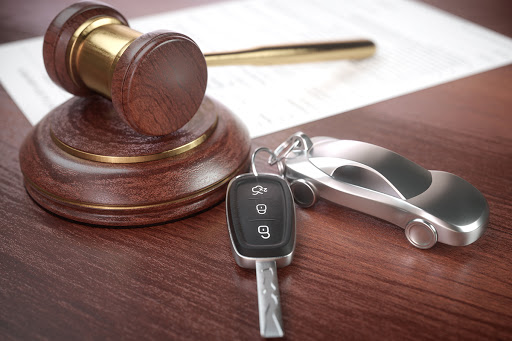
Dealerships may employ various deceptive practices to exploit buyers. Here are some common tactics and tips to avoid them:
Bait-and-Switch Schemes
Bait-and-switch tactics involve advertising a vehicle at a low price or with appealing features, only to have the dealership switch you to a different, often more expensive, vehicle once you arrive. To avoid falling victim to this tactic, it’s essential to verify the availability of the vehicle before visiting the dealership. Always confirm in writing the specifics of the advertised offer, and be cautious of any last-minute changes or additional fees that the dealership may introduce.
Bài viết liên quan:
Odometer Fraud
Odometer fraud occurs when a dealer rolls back or alters the odometer reading to make it appear the vehicle has been driven less than it actually has. This misrepresentation can significantly impact a car’s value and future maintenance needs. To protect yourself, always request a vehicle history report, which generally includes previous mileage readings. Additionally, inspect the vehicle’s condition and maintenance records to ensure they are consistent with the reported mileage.
Importance of Research
Before making a purchase, thorough research is crucial. This includes knowing the fair market value of the car you’re interested in, understanding the vehicle’s history, and being aware of common issues associated with that make and model. Utilize online resources, such as pricing guides and consumer reviews, to arm yourself with knowledge and feel more confident in negotiations.
Final Thoughts
Navigating the car buying process can be daunting, particularly with the potential for fraud from unscrupulous dealerships. By remaining vigilant, documenting your interactions, and seeking legal assistance when necessary, you can protect yourself and ensure a fair car-buying experience. Being educated about common fraud tactics and understanding your rights as a consumer is essential to avoid falling victim to deceptive practices. Always remember, when in doubt, consult a car dealership fraud attorney who can guide you through the maze of legal protections available.
Importance of Due Diligence and Research

Preventing fraud starts with thorough research and preparation:
Pre-Purchase Inspection
A pre-purchase inspection is a critical step in the car-buying process that can help identify potential issues before completing the purchase. Hiring a trusted mechanic to conduct a thorough examination of the vehicle can uncover hidden problems, such as structural damage, engine issues, or signs of previous accidents that may be concealed. This independent evaluation not only provides an accurate assessment of the vehicle’s condition but also strengthens your negotiating position by presenting any discrepancies found during the inspection. If significant issues are uncovered, you can either reconsider the purchase or negotiate a lower price based on the repairs needed. By prioritising a pre-purchase inspection, you enhance your chances of a successful purchase while minimising the risk of being misled by a dealership.
Prioritising Safety
In addition to financial fraud, dealerships may also attempt to sell vehicles with known safety defects. Thorough research on a vehicle’s history and inspection can help identify any open recalls or safety concerns associated with the model. By staying informed about potential safety risks, you can make an educated decision about whether to proceed with purchasing a specific vehicle and take necessary precautions before hitting the road.
Tips for Selecting a Reputable Dealership and Attorney

Choosing the right dealership and legal representation is crucial:
Reputable Dealerships
When selecting a dealership, it’s essential to seek out those with a strong reputation for honesty and customer satisfaction. One way to gauge a dealership’s credibility is to look for reviews and ratings from previous customers. Websites such as Google, Yelp, and the Better Business Bureau can provide insights into the experiences of others, highlighting both positive feedback and potential red flags. Additionally, consider asking friends or family for recommendations based on their own car-buying experiences. A good dealership will be transparent about pricing, provide clear information about the vehicles they sell, and be willing to answer any questions you may have.
Legal Representation
Finding a trustworthy car dealership fraud attorney is equally important in ensuring your rights are protected. Start by researching attorneys who specialize in consumer protection and dealership fraud. Look for those with verified credentials and positive reviews from former clients. Scheduling consultations can give you a sense of their expertise and approach to handling your case; a good attorney will take the time to understand your situation fully, explain your options clearly, and provide an honest assessment of your case. By selecting both a reputable dealership and a competent attorney, you significantly reduce your risk of falling prey to fraudulent practices and enhance the likelihood of a successful transaction.
Real case studies

To emphasise the importance of staying vigilant and conducting thorough research, here are a few real-life examples of car dealership fraud cases:
Case Study 1: The Hidden Water Damage
In this case, a buyer purchased a used vehicle that seemed to be in excellent condition. The dealership provided a clean history report, and the exterior appeared flawless. However, shortly after the purchase, the buyer experienced electrical issues and a persistent mildew smell inside the vehicle. Upon taking the car to a mechanic for repairs, it was discovered that the vehicle had previously been in a flood and had not been reported as such. The water damage had been hidden under the carpets, leading to significant electrical system failures. In this situation, had the buyer conducted a thorough pre-purchase inspection and sought additional validation of the vehicle’s history, they might have avoided a costly mistake. This case underscores the importance of scrutinising every detail, as well as seeking out professional advice to uncover potential issues that may not be immediately visible.
Case Study 2: Misrepresented Mileage
Another instance involves a buyer who was enticed by a deal on a seemingly pristine vintage car. The dealership boasted that the vehicle had only 30,000 miles on it, a major selling point for collectors. However, upon receiving the car, the buyer noticed wear and tear that contradicted the mileage claims. A detailed inspection revealed that the odometer had indeed been rolled back and that the actual mileage was closer to 130,000. The buyer was left frustrated and felt deceived. This scenario highlights the importance of requesting a vehicle history report and the necessity of a thorough inspection to verify mileage discrepancies. Should the buyer have taken precautions to confirm the vehicle’s details, they could have potentially avoided this unfortunate situation.
Conclusion

Navigating the car-buying process requires a careful balance of knowledge and vigilance. By being aware of common fraud tactics, prioritising research, and ensuring thorough inspections, you build a solid foundation for making an informed purchasing decision. Selecting a reputable dealership and legal representation further fortifies your position against potential deceit. Always remember to document your interactions and stay informed about your rights as a consumer. As you embark on your vehicle search, approach each step with caution, and by doing so, you can enjoy a rewarding and fair car-buying experience. Be proactive and take control of the process, ensuring that the vehicle you choose not only meets your needs but also comes with the assurance of its value and safety.
Legal Disclaimers
- The information provided in this article is for educational and informational purposes only.
- The content does not constitute legal advice and should not be relied upon as such.
- Readers should consult with a qualified attorney for advice specific to their individual circumstances.
- The examples and insights included are general in nature and may not apply directly to every situation.
- Laws and regulations related to dealership fraud may vary by jurisdiction, and readers should verify the laws in their area.
- No attorney-client relationship is created by reading or interacting with this content.




